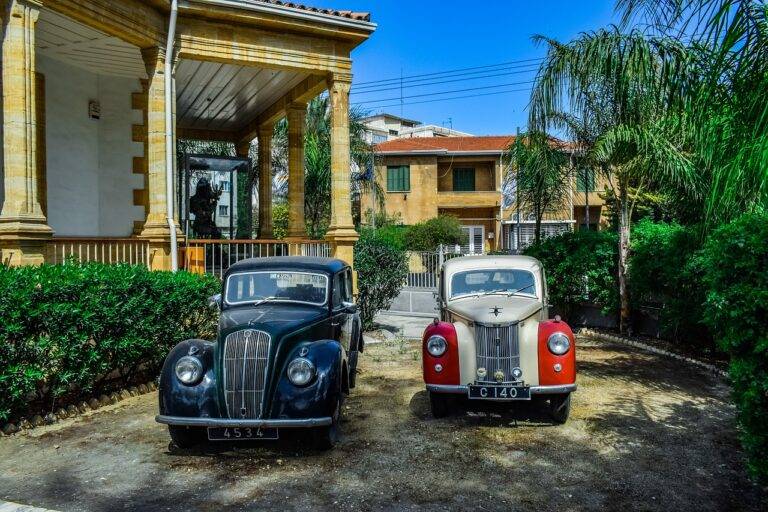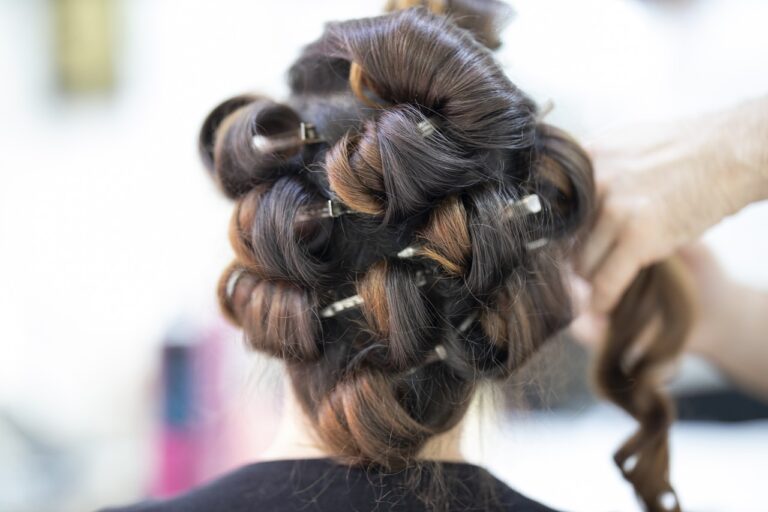The Art of Bottle Aging Spirits: Enhancing Complexity and Flavor: Cricbet.99, Sky1exchange, Cricbet99 reddy anna
cricbet.99, sky1exchange, cricbet99 reddy anna: The art of bottle aging spirits has been around for centuries, dating back to a time when storing liquors in casks was the norm. Today, bottle aging has become a popular practice among spirit enthusiasts looking to enhance the complexity and flavor of their favorite drinks. By allowing spirits to mature in a controlled environment, the aging process can transform a simple spirit into a rich and nuanced drink that offers a depth of flavors that cannot be achieved through other means.
Why Bottle Aging?
One of the primary reasons why bottle aging is so popular is the ability to create a personalized and unique flavor profile. When spirits are stored in a bottle for an extended period, they have the opportunity to interact with the air and the compounds within the bottle itself. This interaction can lead to the development of new flavors and aromas, as well as the smoothing out of any harsh edges that may have been present in the original spirit.
Choosing the Right Spirits
Not all spirits are suitable for bottle aging. While spirits like whiskey, rum, and tequila are popular choices for aging, others, such as vodka and gin, do not benefit from the aging process in the same way. When selecting a spirit to age, it is essential to choose one that has a robust flavor profile and can stand up to the aging process without losing its character.
The Aging Process
The length of time needed to age a spirit can vary depending on the type of spirit and the desired flavor profile. While some spirits may only require a few weeks to develop, others can benefit from aging for several months or even years. It is essential to monitor the aging process regularly, tasting the spirit periodically to determine when it has reached the desired level of complexity and flavor.
Storage and Conditions
Proper storage is crucial when aging spirits in bottles. Spirits should be stored upright in a cool, dark place away from direct sunlight and extreme temperatures. The type of bottle used can also impact the aging process, with some spirits benefiting from aging in specific types of glass or ceramic bottles.
Experimentation and Creativity
Bottle aging is an art form that allows for experimentation and creativity. There are no hard and fast rules when it comes to aging spirits, so feel free to try different techniques and combinations to see what works best for you. Whether you prefer aging your spirits with oak chips or experimenting with different types of bottles, the possibilities are endless.
FAQs
Q: Can I age spirits in any type of bottle?
A: While glass bottles are the most common choice for aging spirits, some enthusiasts prefer using ceramic bottles or even barrels to age their favorite drinks.
Q: How long should I age my spirits?
A: The length of time needed to age a spirit can vary, so it is essential to taste the spirit regularly to determine when it has reached the desired level of complexity and flavor.
Q: Can I age vodka or gin?
A: While vodka and gin are not typically aged in the same way as whiskey or rum, some enthusiasts may choose to experiment with aging these spirits to see how it affects their flavor profiles.
In conclusion, bottle aging spirits can be a rewarding and enjoyable experience for any spirit enthusiast looking to enhance the complexity and flavor of their favorite drinks. By following these guidelines and experimenting with different techniques, you can create a personalized and unique spirit that is sure to impress even the most discerning palate. Cheers to the art of bottle aging!







